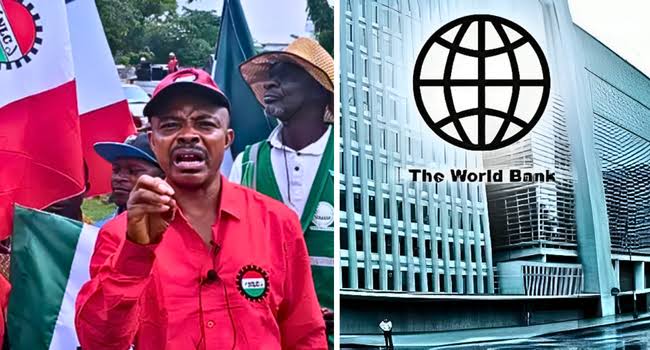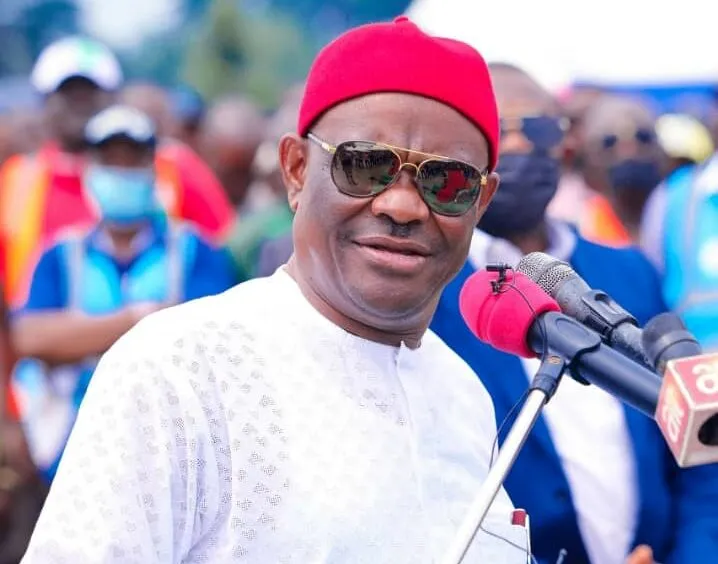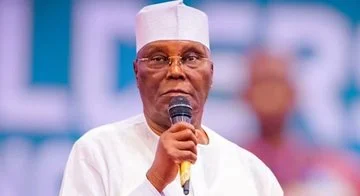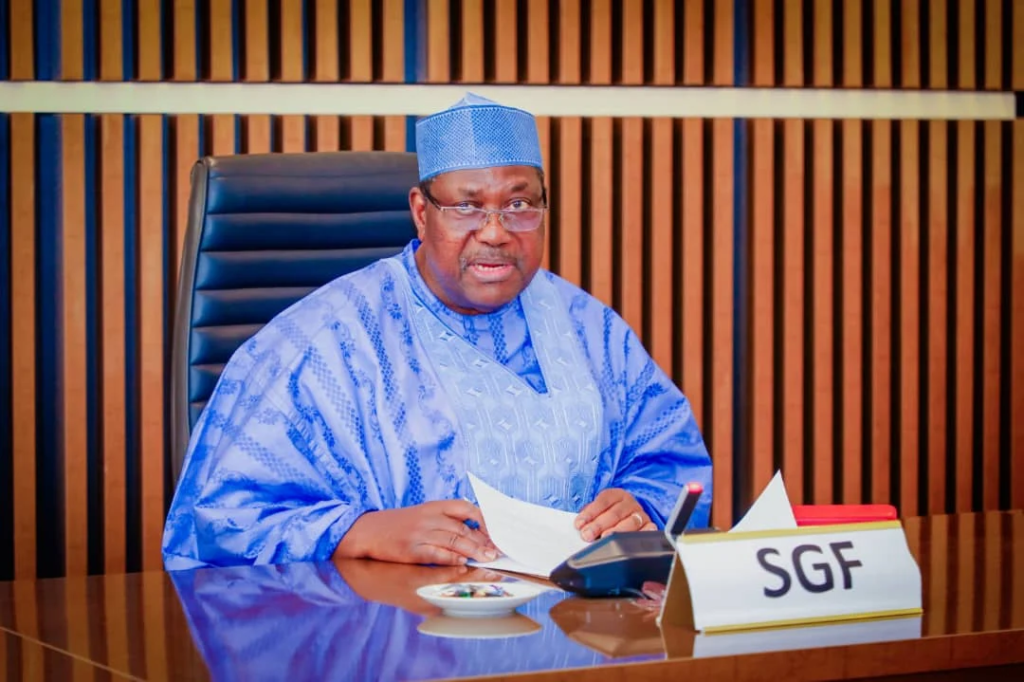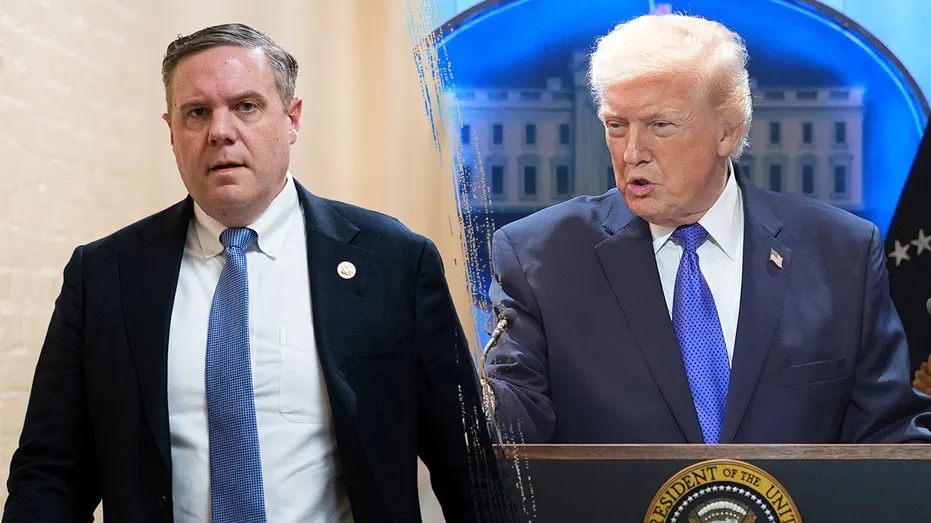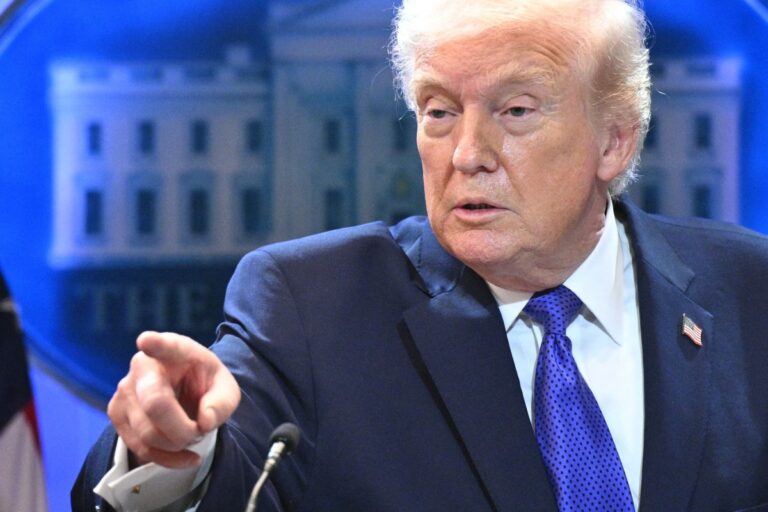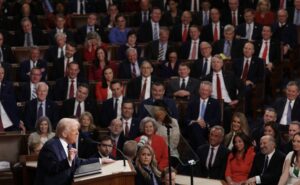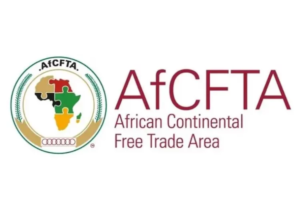The Nigeria Labour Congress (NLC) has denounced the World Bank as an adversary of the country after the institution suggested that the Federal Government cease petrol subsidy payments and increase the product’s cost to N750/litre.
In a statement on Thursday, the NLC accused the World Bank of destabilizing nations, particularly those in the sub-Saharan region, with anti-poor policies.
“It is truly a shame that the World Bank has really shown itself to be an enemy of the Nigerian nation. Its continued grandstanding and generation of anti-poor policies and programmes have destabilized many countries of the South, especially nations within the sub-Saharan region,” Ajaero wrote in part in a statement on Thursday.
The union rejected the recommendation for a petrol price hike and criticized the World Bank’s lead economist for Nigeria, Alex Sienaert, for supporting the unwarranted proposal.
“We vehemently reject the recent advice by the World Bank urging the Nigerian government to increase petrol prices to N750 per litre.”
“We remind the government that Nigeria should not allow foreign entities like the World Bank and the IMF to dictate economic policies that are detrimental to the welfare of its citizens. It is imperative that our leaders look inwards, tapping into the vast resources and human potential within our nation to address challenges and formulate policies that genuinely uplift the standard of living for all Nigerians.”
The NLC urged the government to tap into domestic resources and human potential, cautioning against further increases in petrol prices.
Highlighting the disparity between international prices and local wages, the labour union cautioned against further increases in PMS prices, describing such a move as a “suicide pill” that would worsen the nation’s economic situation.
Ajaero emphasized the need to fight corruption in the downstream petroleum sector, reduce the cost of governance, and revive domestic refineries instead of following the World Bank’s advice.
The union called on the World Bank to refrain from influencing Nigerian economic policies and allow the country to implement policies beneficial to its citizens.
Ada Peter

